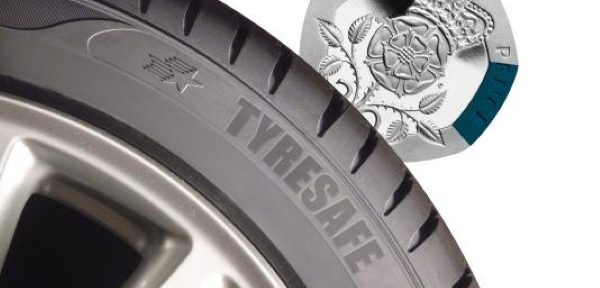Almost seven in ten motorists don’t know the minimum legal UK tyre depth, new research suggests.
Findings from a survey published by Venson Automotive Solutions found that 69 per cent of motorists didn’t know that 1.6mm was the legal minimum for tyre depth, something that could leave firms at risk if their drivers are in an accident.
Two in five fatal or serious injuries caused by vehicle accidents were partly down to tyre problems, according to safety campaigners TyreSafe.
Three in ten of respondents to Venson’s survey said they don’t bother to check tyre depth and rely on their annual MOT to uncover any cause for concern, while the same proportion of people said they check their tyres every six months or so.
Only seven per cent check their tyre tread before a long car journey, with a measly four per cent assessing their tyre tread every week.
When it comes to tyre pressures, it’s a more encouraging picture with almost a quarter checking their tyres’ psi once a month. However, 12 per cent rely on their vehicle being serviced to have the pressure checked.
Venson Automotive Solutions’ operations director Gil Kelly believes companies should be more proactive in pushing their car and van drivers to check tyre depth.
“Firms need to encourage standard inspections, conducted weekly, to reduce the risk of breakdowns and accidents,” she commented.
“Fleet managers should partner with professionals who will ensure their vehicles are equipped for their needs and that means understanding different tyres and the different uses. A flexible approach to vehicle maintenance is also required.”
Molly Benton, brand manager at Fuel Card Services, adds: “Perhaps the most frustrating and baffling part of all this is that checking tyre depth requires little more than a few seconds and a 20 pence piece.”







